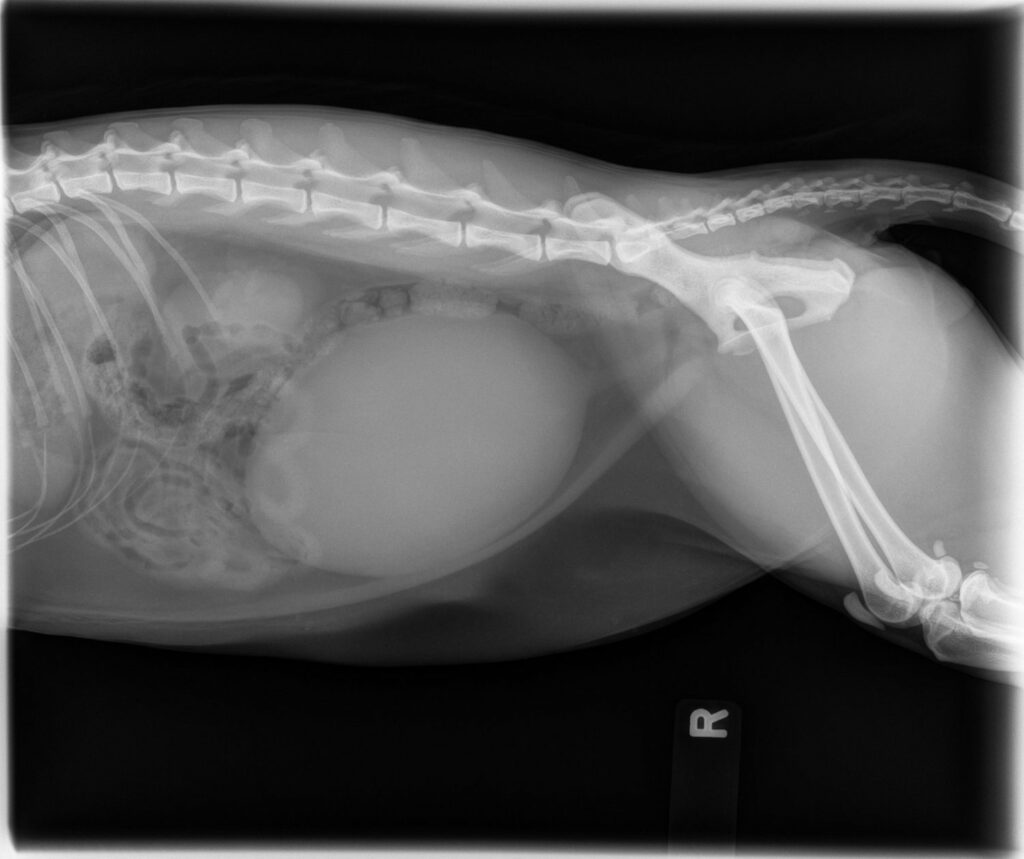Urinary Surgery
At Lenity, we understand that urinary issues in pets can be a cause for concern and require prompt attention. Urinary surgery is a specialized field of veterinary medicine that focuses on diagnosing and treating various conditions affecting the urinary tract of animals. In this guide, we provide an overview of common urinary conditions, the surgical procedures involved, and how our experienced team at Lenity can help ensure the well-being of your beloved pet.
Common Urinary Conditions
- Urinary Stones: Urinary stones, also known as uroliths or bladder stones, can form in the urinary tract of animals. These stones can cause pain, discomfort, and blockages, leading to serious complications. Surgical intervention is often necessary to remove them safely.
- Urinary Tract Obstructions: Urinary tract obstructions can occur when a blockage, typically caused by stones, prevents the normal flow of urine. This condition is an emergency and requires immediate surgical intervention to relieve the obstruction and prevent further complications.
- Tumors and Growth Removal: The urinary tract can be affected by tumors and abnormal growths. Surgical removal of these growths may be necessary to prevent them from spreading and causing harm to your pet.
Urinary Surgery Procedures
At Lenity, our skilled veterinarians are well-equipped to perform a range of urinary surgery procedures, including:
- Cystotomy: This procedure involves making an incision into the bladder to remove urinary stones or address other bladder issues.
- Urethrostomy: Urethrostomy may be performed to treat urinary tract obstructions by creating a new opening in the urethra to bypass the blockage.
- Tumor Excision: Surgical excision of tumors and abnormal growths in the urinary tract is a crucial step in managing and preventing the spread of cancerous cells.


